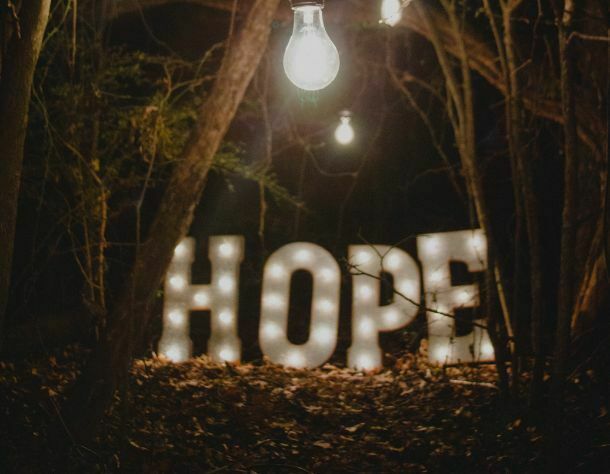High-functioning but Hurting: How Addiction Affects Mental Health
Addiction is more than just a struggle with substances; it’s a challenge that can deeply affect your mental health, even if you’re managing to keep everything else in your life together. Picture this: you’re doing well at work, maintaining your relationships, and...
How Clinicians Can Help Clients Handle Election Stress
Not sure how to handle political issues with clients? Here are some tips to help tackle this delicate subject and assist each individual with their struggles.
Non-Religious Sobriety Programs in the Greater Tidewater Hampton Roads Area
Finding programs that align with your values can be challenging for non-religious folks. Here are some non-religious support options in the Greater Tidewater Hampton Roads Area of Virginia.
What Are the Biggest Challenges Facing Young Veterans Today?
After leaving the military, veterans often face challenges reintegrating into civilian society. While more than half of U.S. veterans feel that they weren’t well prepared for the transition, younger veterans report the transition was very difficult.
The Top Careers After Military Service: How To Excel
Transitioning from military service to civilian life can be daunting, but, with the right guidance & determination, you can excel in a variety of career fields.
Stuck in Depression and Nothing Helps – Not Even Years of Therapy
If you’ve been in treatment for years, but have seen little or no progress, you’re probably feeling pretty frustrated and maybe even hopeless. Maybe you’ve been doing everything “right,” but nothing seems to help – but you do have the potential to live the life you want to live. You may just have to try something new.
Mental Illness and Genetics
A mental illness can have a major impact on your life, so it’s understandable if you’re worried about developing one or passing one on to your children. Maybe you have a close family member who has a mental illness that you’ve heard “runs in families” and you’re wondering – is mental illness genetic?
Five Things To Say to Your Child or Teen When They Can’t Stop Worrying
A recent report shows that 39% of middle school students and 53% of high school students in Virginia are “not able to stop or control worrying.” Do you think your child or teen might be experiencing excessive anxiety or worrying? Here’s what you can say to help.
I Feel Like the Longer I Do This Work, the Less Empathetic I Become – Should I Be Worried?
Maybe when you first started out as a clinician, you found yourself thinking about your clients outside of work – worrying about them, wondering if there was more you could do to help, or if there was a better way that you hadn’t tried yet. But after years of working in mental health, it might feel harder to feel empathy for your clients. You may have heard about compassion fatigue, but there is another condition many clinicians experience at one point or another – empathy fatigue.
I Really Need Mental Health Services but There Is a Long Wait at the VA, Where Do I Go?
As a veteran, you are eligible to use your VA benefits to pay for health care, including mental health services. But with understaffing and increased workloads, the wait time can sometimes be very long at VA locations. So, is there somewhere else you can go to get mental health help, but still be able to use your benefits?

